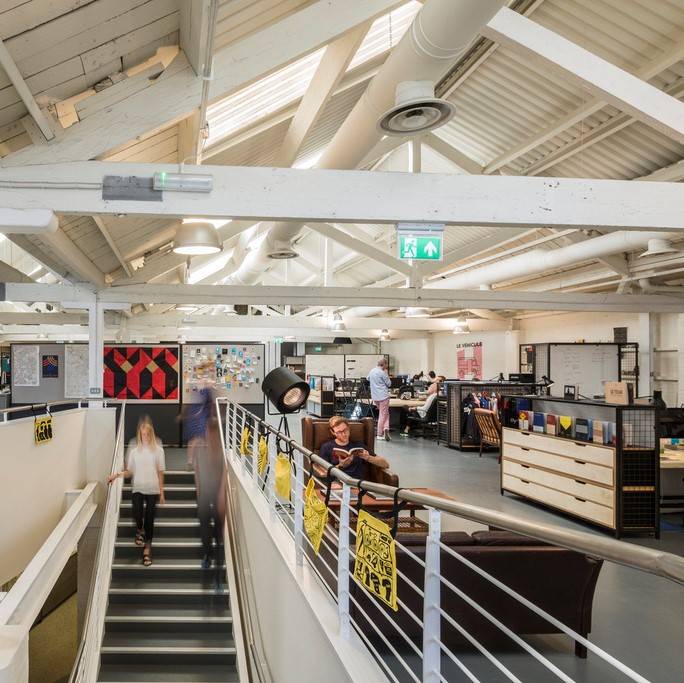To provide the best experiences, we use technologies like cookies to store and/or access device information. Consenting to these technologies will allow us to process data such as browsing behaviour or unique IDs on this site. Not consenting or withdrawing consent, may adversely affect certain features and functions.
The technical storage or access is strictly necessary for the legitimate purpose of enabling the use of a specific service explicitly requested by the subscriber or user, or for the sole purpose of carrying out the transmission of a communication over an electronic communications network.
The technical storage or access is necessary for the legitimate purpose of storing preferences that are not requested by the subscriber or user.
The technical storage or access that is used exclusively for statistical purposes.
The technical storage or access that is used exclusively for anonymous statistical purposes. Without a subpoena, voluntary compliance on the part of your Internet Service Provider, or additional records from a third party, information stored or retrieved for this purpose alone cannot usually be used to identify you.
The technical storage or access is required to create user profiles to send advertising, or to track the user on a website or across several websites for similar marketing purposes.
 According to a recent survey of more than 1,500 US based respondents, workers are now three times more likely to report poor mental health than they were before the pandemic. The study also claims that seventy-five percent of people have experienced burnout at work, with 40 percent saying they’ve experienced burnout during the pandemic specifically. The report suggests that this is not surprising, given that 37 percent of employed respondents are currently working longer hours than usual since the pandemic started. (more…)
According to a recent survey of more than 1,500 US based respondents, workers are now three times more likely to report poor mental health than they were before the pandemic. The study also claims that seventy-five percent of people have experienced burnout at work, with 40 percent saying they’ve experienced burnout during the pandemic specifically. The report suggests that this is not surprising, given that 37 percent of employed respondents are currently working longer hours than usual since the pandemic started. (more…)

































August 17, 2020
Is it time to get rid of all workplace policies and procedures?
by Freddie Steele • Comment, Workplace